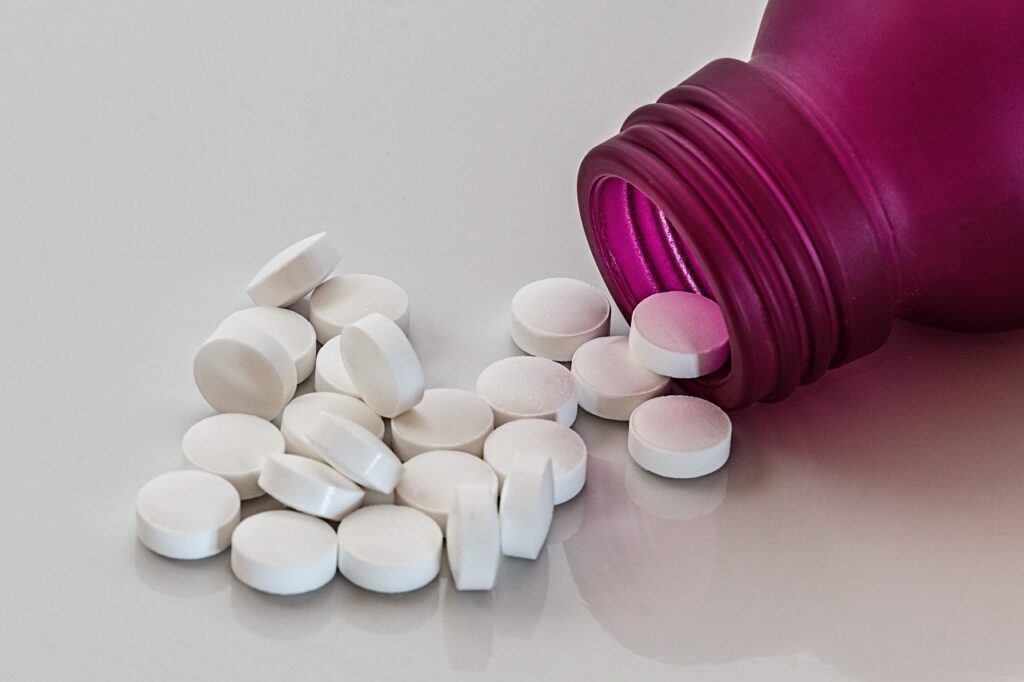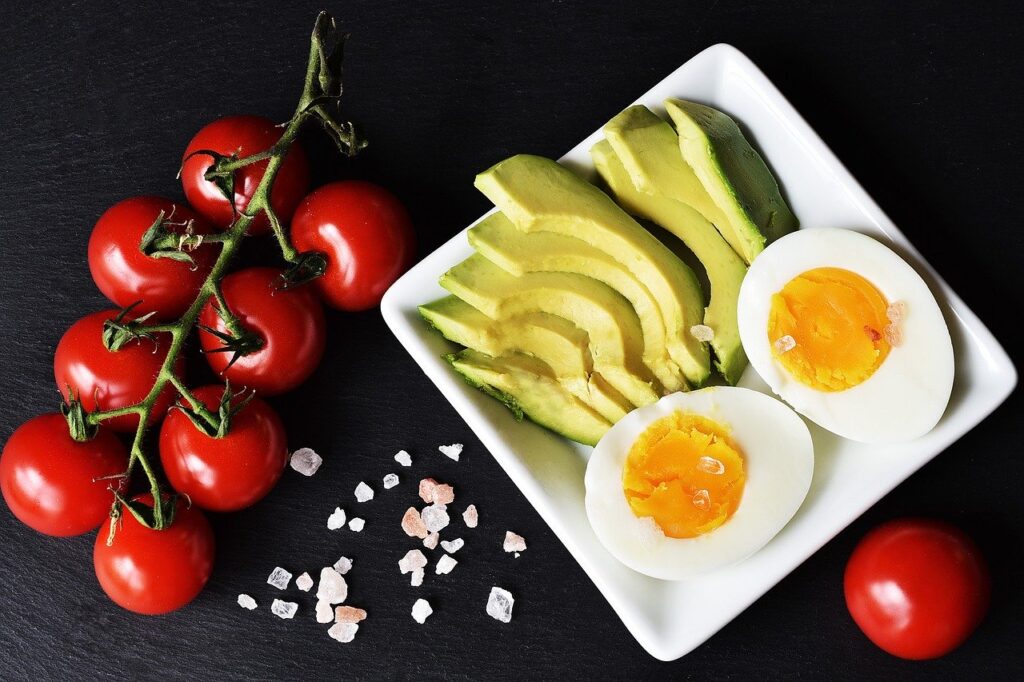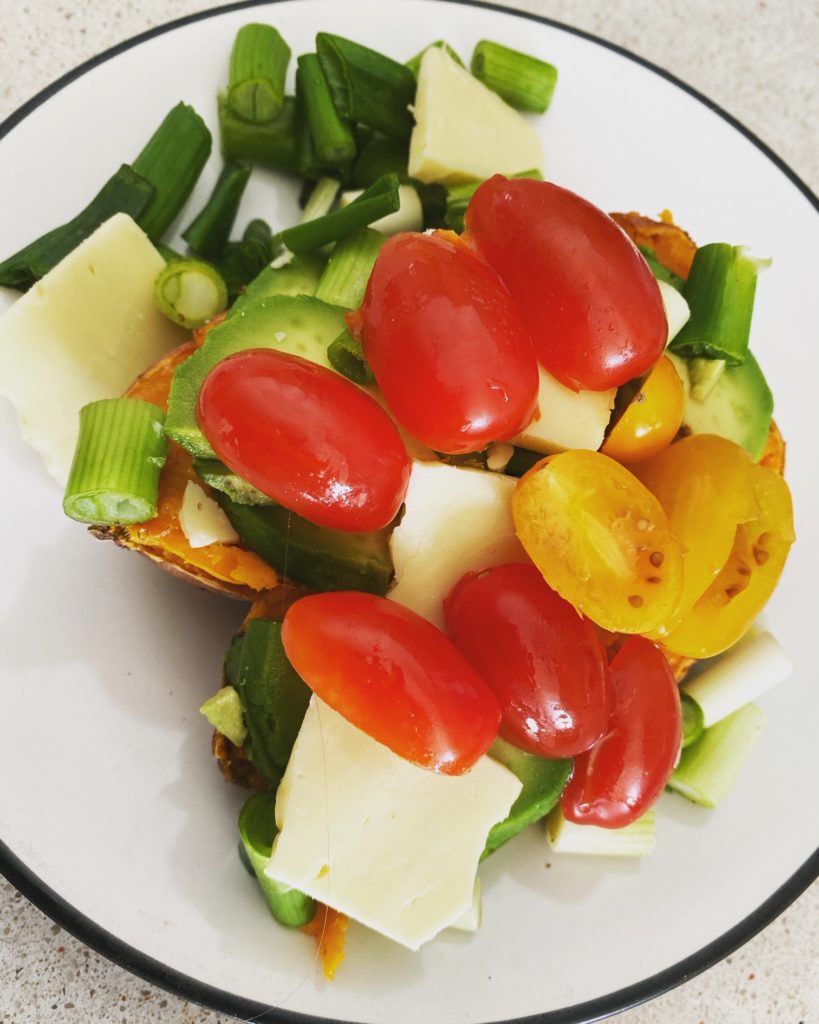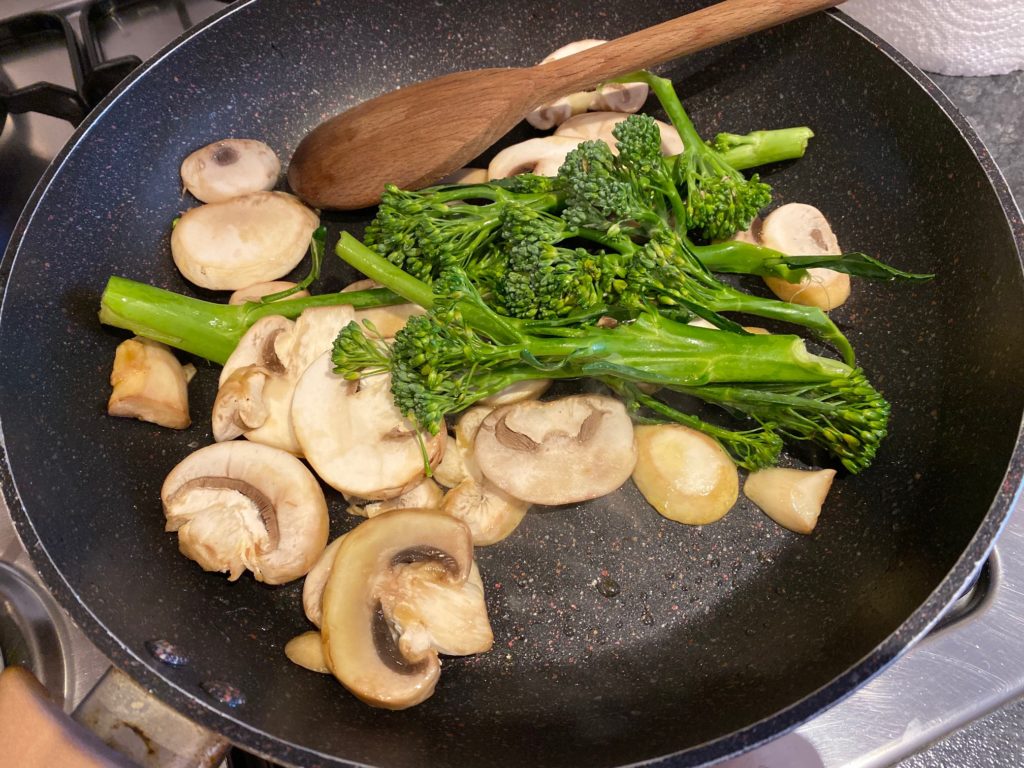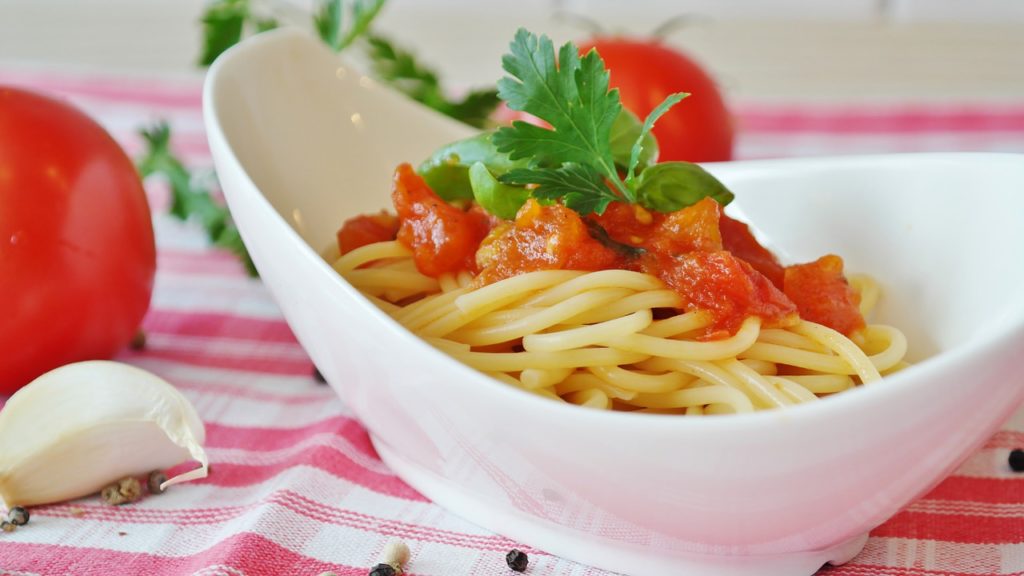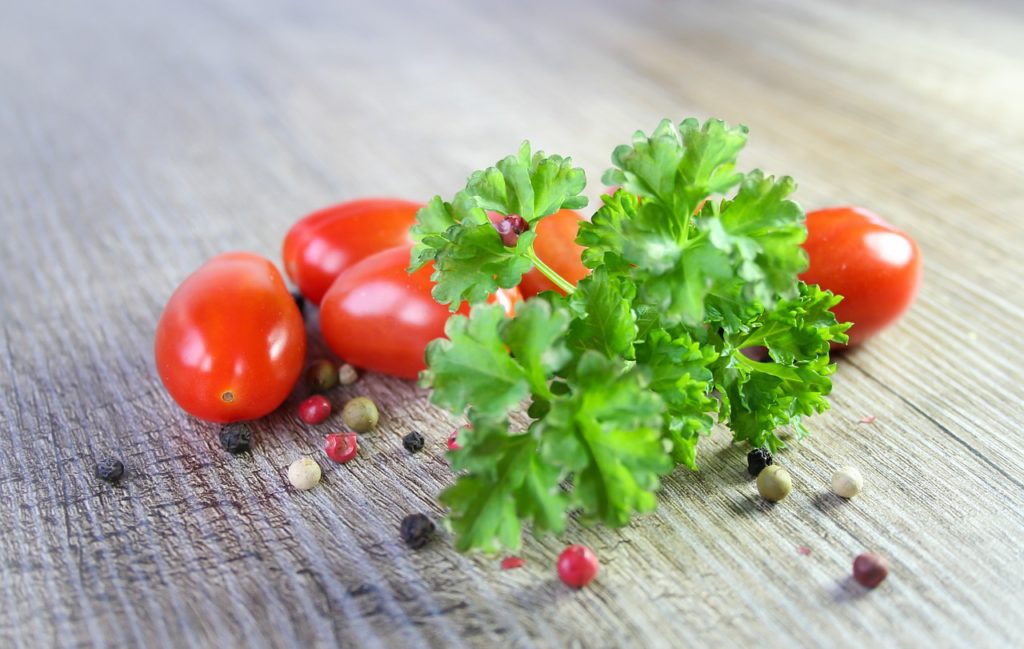Unless you’ve been living under a rock for the last three years, ‘keto’ is a word you’ll have heard before. While most of us have only a passing familiarity with the term, we generally know that it has something to do with a certain diet trend.
Though some have written it off as just another fad, keto has nonetheless gained a lot of traction among its followers and the public at large, with many having claimed to see great results with regards to meeting their weight loss goals.
As a result, a whole industry has grown around the idea, with keto pills being one of the most popular products on the market. Claiming to aid in weight loss and make it easier to drop a dress size, they promise to activate in the body a mechanism known as ‘ketosis’, which we’ll explain in more detail below.
But do they actually work? According to the experts, the answer may surprise you.
What are keto pills and how do they work?
Source: Pixabay
Keto pills have generated a lot of discourse in recent years. They’ve made their way into the mainstream, many have doubted their efficacy, but there are also those who swear by them as a weight loss aid.
Keto pills function in a similar way to the keto diet. The keto diet works by sending your body into a state of ketosis. This is a specific type of metabolic process whereby your system burns fat instead of glucose to generate energy, thus getting rid of the fat deposits already at its disposal: your extra weight.
This ketosis is achieved by eating foods that are high in fat and low in carbohydrates, and typically takes around four days to occur. Once the process had been activated, the body sends fat cells to the liver, where they’re converted into ketones and used for energy.
In keto pills, the concept is the same: to increase the level of ketones in your blood. However, rather than requiring the individual to cut out carbohydrates from their diet, they instead utilise something known as medium-chain triglycerides. Usually found in foods that are high in saturated fat, such as coconuts and palm oil, these work to stimulate the ketones in your blood, produce a state of ketosis, and thus catalyse weight loss.
Are keto pills safe?
In order to prove their detractors wrong, some keto pill manufacturers have been willing to put their products through rigorous tests. At least five have appeared, for example, on US reality show Shark Tank, with reviews for Shark Tank keto pills advising that they’re a safe aid for weight loss for those interested in using them.
The only downside to taking keto pills is that they can initially cause headaches as a side effect (although this is not the case for everyone who uses them). However, even those are affected need not worry, as this is nothing more than indicative of the body adapting to ketosis and typically resolved within a few days.
Do keto pills work as well as a keto diet?
Source: Pixabay
While keto pills can almost certainly aid with weight loss, experts do suggest that they’re slightly less effective than the diet they’re based on. That’s because, while they stimulate ketone production, they’re unable to replicate all of the benefits of this diet.
In particular, they do not lower either circulating insulin or glucose levels, with experts suggesting that these two boons are likely of equal benefit to increased ketone levels themselves.
Are keto pills something you would be willing to try to aid with your weight loss goals?
Collaborative brand content.

